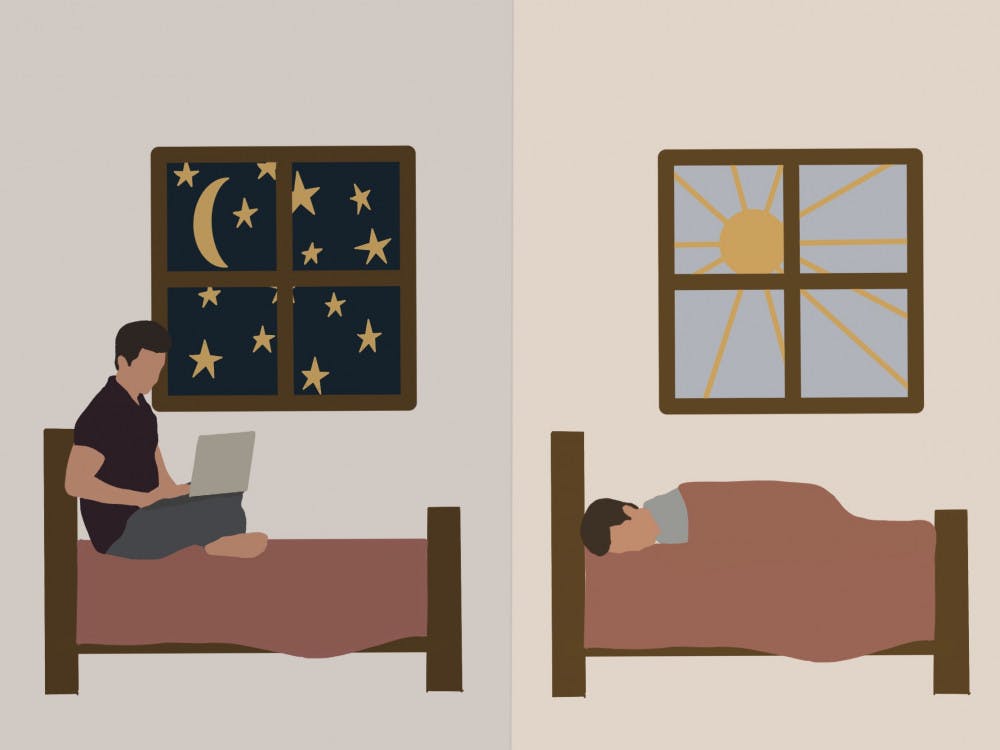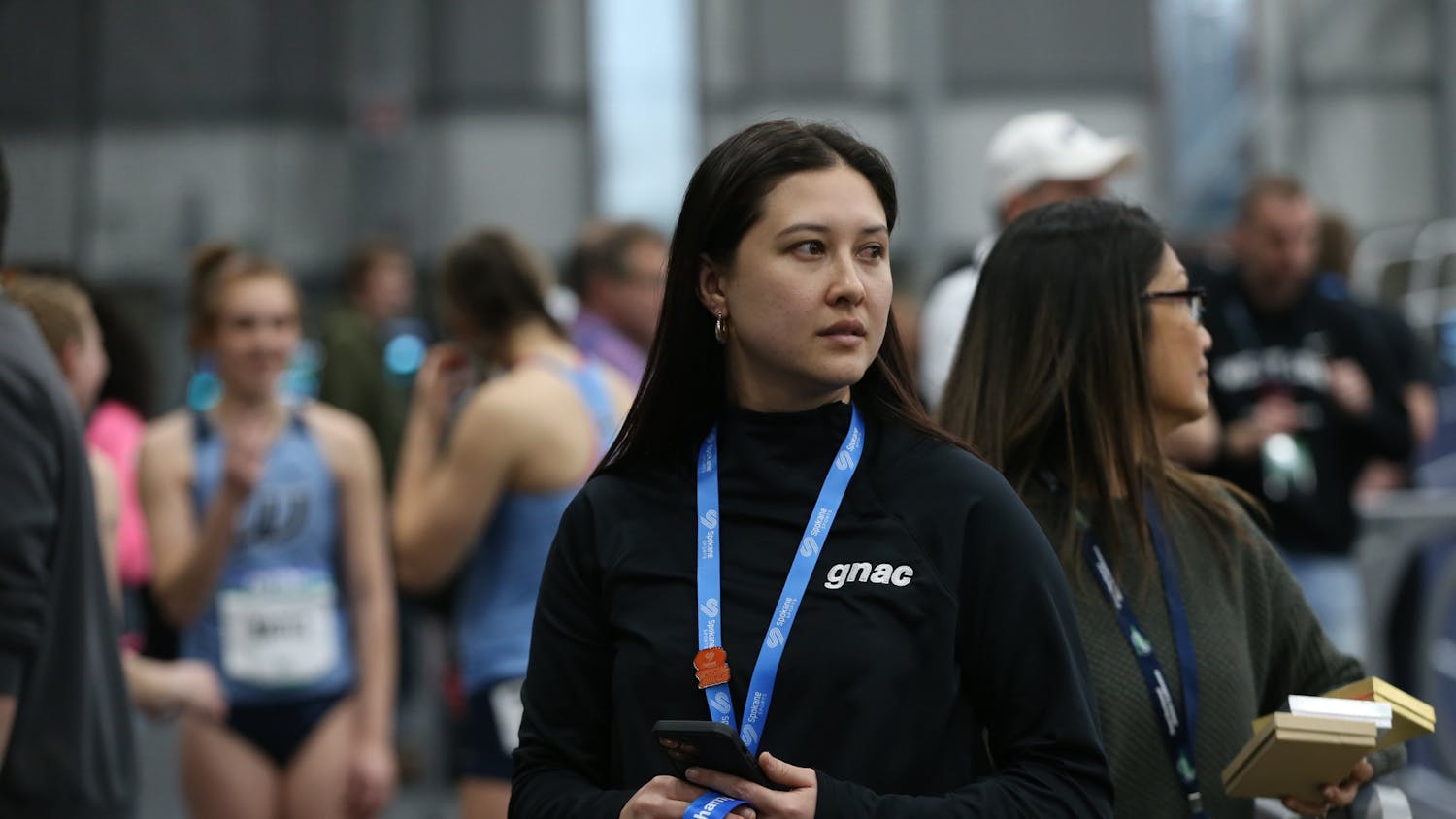
Work hours. Moving back home. Lack of motivation. Due to COVID-19, and according to naturopathic practitioner, Carrie Wine, people have been falling into unhealthy sleep habits.
John Stepan, a Western third-year student, works as a driver for Domino’s Pizza and lives in Bellingham. As a driver, Stepan has been doing contactless deliveries since social distancing began, but late hours and people not respecting social distancing guidelines, have only added to his stress levels, resulting in a hurt sleep schedule.
“My sleep schedule is awful. On Thursday through Sunday, all I do is work,” Stepan said. “I wake up, do four to five hours of homework, then go to work until 12:30 a.m.”
He’s not alone with sleep shifts for a late shift. Stepan said one of his co-workers is functioning nocturnally, getting up at 7 p.m. for work, getting home at 1 a.m. and falling asleep around noon. Stepan has also managed to cut almost all caffeine out of his diet in order to improve his health and sleep schedule.
Carrie Wine, who practices naturopathic medicine, backs up Stepan’s sentiment by stating that caffeinated beverages do drastically affect sleep patterns and should be avoided or taken in moderation before noon. She also said that because students are moving back home with family, it’s creating additional stress and anxiety on top of online schoolwork. The light from screens affect melatonin cycles, she said, so regular screen users may have trouble making more melatonin at night, which helps people fall asleep.
Wine said having a bedtime routine is important, including turning lights down to allow melatonin to ramp up and to partake in calming, stress-reducing activities for one to two hours, which could consist of taking a bath, meditating or reading.
Bella Gelfuso, a Western third-year student, is living with her roommates in Bellingham. She said that even though only half of her roommates have jobs, everyone’s sleep has been disrupted by the changes in their lives.
“It’s been absolutely horrendous. I’ve been falling asleep so late. I used to go to bed no later than midnight,” Gelfuso said. “One evening, or should I say morning, I caught myself looking at the clock, which read 4 a.m. Now that I have my job back, it’s been easier to get on a better schedule, but I’m still going to bed as late as 2 a.m.”
Wine said people should stick to a clear schedule, get some fresh daylight in the morning, exercise throughout the day and turn off screens one to two hours before going to bed, which she acknowledges is difficult due to online schooling.
She also recommended eating healthy foods for optimal energy, moving workspaces out of bedrooms to avoid negative sleep associations and finding the sources of stress and discovering routines to alleviate them. This can be done by creating boundaries between family members or limiting time on social media and with news updates, she said.
“When you wake up in the morning and you get that fresh light, you get morning cortisol, which helps to give you energy throughout the day and helps you deal with stress,” Wine said. “When you don’t get that spike, you have more difficulty dealing with stress and you may have more anxiety throughout the day as well.”





